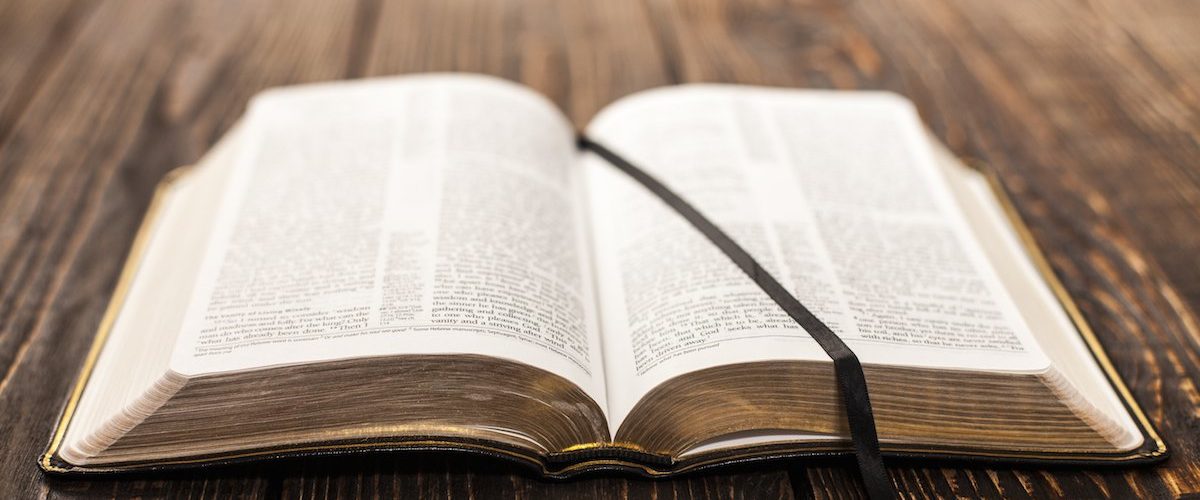Research Reflection By Elysia Martin
When it comes to how many millennial Christians feel about the modern state of Israel, theology is arguably just as important as politics. Some Christians may suddenly find themselves in college wondering if their faith alone is enough to justify supporting Israel.
For those who have grown up in church, the word “Israel” is part of the essential Sunday school vocabulary. Learning about the history of the Jewish people in the Hebrew Bible provides the foundation upon which Christians understand the New Testament and the continuity between Judaism and Christianity.
For centuries, much of Christian theology has used the word “Israel” interchangeably with “Church,” creating and perpetuating the idea that Christians have somehow “replaced” the Jewish people as the apple of God’s eye. Beginning in 1948, however, the word “Israel” took on a new meaning–the modern Jewish state. “The Jewish question,” and then the birth of the modern state of Israel forced Christians to take a closer look at what their theology had to say about the relationship between Jews and Christians. In turn, this examination of church theology produced a broad spectrum of Christian engagement with the Jewish state.
The three major theological viewpoints in modern Christian doctrine highlight different relationships between Christians and Jews. In addition to providing a framework for modern day Jewish-Christian relations, these frameworks have had a significant impact upon the way Christians engage with the state of Israel. Here’s an overview:
- Dispensationalism teaches that in various periods of history, God interacted differently with humanity. Most notably, dispensationalism holds that there is a distinction between Israel (in the Bible) and the Church, i.e. one cannot use them interchangeably when reading Scripture. Essentially, this theology takes Scripture literally, seeing the promises God made to the people of Israel in the Old Testament as being fulfilled in the millennium–not by the Church, but by the people of Israel.
- New covenant theology is considered somewhat of a middle ground on the theological spectrum. It teaches that the Mosaic law was a conditional covenant, but the Israelites could not uphold their end; thus, the law was ultimately replaced by the new covenant which Jesus made perfect with his life, death, and resurrection.
- Covenant theology is structured around the overarching covenant of grace, instituted after the fall of man, at which time there was a covenant of works that promised eternal life. Additionally, this theology teaches that the Church has been spiritually grafted into the tree of Israel, becoming heirs to the blessing of Abraham. It is taught that supersessionism—the belief that the Church has replaced the Jewish people with regard to the covenant—is biblically wrong.
Both covenant theology and new covenant theology agree that Gentiles are heirs to the Abrahamic covenant and that the Church has assumed the role of “spiritual Israel.” One of the main differences between the two is that covenant theology sees Mosaic Law as divided into civil, ceremonial, and moral law and that with the death and resurrection of Jesus, only the moral law remains. New covenant theology, on the other hand, views the Mosaic Law as a whole and teaches that anyone who is in Christ is not obligated to fulfill any of these laws.
Though these theological frameworks are centered around Jewish-Christian relations, one cannot ignore the fact that the modern state of Israel now plays a central role in this relationship. With so many heavy theological concepts to digest, millennial Christians are becoming increasingly confused as to what their relationship to Israel should look like. The only way for Christians to combat this confusion is to study the Bible for themselves, focusing on the continuity between the Old and the New Testaments, and thus, the continuity between Judaism and Christianity.
By deepening their knowledge of Scripture, modern Israeli history, and the Israeli-Palestinian conflict, Christians will not only be better equipped to defend their stance with theology and cold, hard facts, they will also take a step towards improving Jewish-Christian relations. Once one sets out on this journey to discover truth for themselves, they will find that Christians and Jews have much more in common than they ever thought.
Elysia Martin
 Elysia Martin is a student at American University pursuing a bachelor’s degree in Jewish Studies. She formerly interned in the photo archives of the U.S. Holocaust Museum in Washington, D.C., has worked as a campus intern for The David Project, and was a research associate at Endowment for Middle East Truth, a pro-Israel think tank, where her article “The Hidden Agenda of the BDS Movement” was published. Elysia received a grant in 2016 to conduct original research on Jewish converts to Christianity during the Holocaust and was also a part of the 2016 Bonhoeffer Fellowship class for Christians United for Israel. She is currently president of CUFI at AU. When she’s not watching Hallmark movies or talking about how much she loves Texas, she can be found perusing old archives around D.C.
Elysia Martin is a student at American University pursuing a bachelor’s degree in Jewish Studies. She formerly interned in the photo archives of the U.S. Holocaust Museum in Washington, D.C., has worked as a campus intern for The David Project, and was a research associate at Endowment for Middle East Truth, a pro-Israel think tank, where her article “The Hidden Agenda of the BDS Movement” was published. Elysia received a grant in 2016 to conduct original research on Jewish converts to Christianity during the Holocaust and was also a part of the 2016 Bonhoeffer Fellowship class for Christians United for Israel. She is currently president of CUFI at AU. When she’s not watching Hallmark movies or talking about how much she loves Texas, she can be found perusing old archives around D.C.
For any article inquiries, please contact Elysia Martin directly at the email provided: em0839a@student.american.edu.


